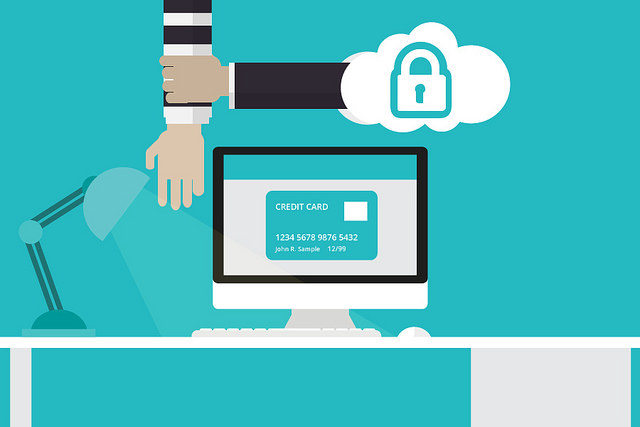October is National Cybersecurity Protection month. So it’s the perfect occasion to consider how you might strengthen the precautions you take when you’re online to reduce the potential for becoming a victim of cybersecurity crimes.
Let’s start with a few basics when you’re online:
- Install a good firewall and virus protection software on your computer. Keep them updated and also set your security level settings at high.
- Use strong passwords for online accounts and change them frequently. Don’t maintain a single password that’s used for every site, as a hacked account at one site could result in multiple hacked accounts.
- Use a password manager to create and maintain various passwords. 1Password, LastPass and RoboForm are examples of password manager resources that receive high praise.
- Set up multi-factor authentication for accessing your financial accounts online. These go beyond requiring only that you enter a single password in order to gain account access. Rather, they typically require 2 levels of authorization for gaining entry, such as something you know (e.g., your password) and something you have (e.g., a special code received via text message). If your bank or investment firms do not offer multi-factor authentication, move your accounts to firms which do.
- Be cautious in using unsecured wi-fi, as is frequently found in public areas such as restaurants, coffee shops, hotels and airports. Criminals can easily snag login credentials from your accounts and use them for their own devious purposes. Instead consider creating your own secure virtual private network by tethering or from providers such as cloak or witopia.
- Beware of phishing attacks. When you receive an e-mail from an unknown person or site, do not click on what may appear to be interesting links, for these frequently contain malicious malware such as viruses, Trojan horses and the like.
- Designate and use a single credit card for online purchases, preferably one which has a low credit limit. The low credit limit ceiling may help prevent the size of unauthorized purchases in the event the account is compromised. Also do not store your credit card number or other personal information on third-party sites, as you will give up the ability to fully safeguard your information.
- Be cautious when using social media. Set your privacy settings such that you control who can see your information. And check the settings from time to time to make sure they remain at the levels which you specified. Limit the amount of personal information you share on these types of sites so that anyone with malicious intent does not have easy access to vital personal information.
Also take precautions beyond those which apply primarily to online activities. Here are a few basics that pertain to general identify theft awareness:
- Limit the financial documents which contain sensitive information that you typically carry with you, such as your social security card, health insurance identification cards, etc.
- Limit the number of credit and debit cards that you typically carry with you. Instead, carry only those which you will need for any one trip.
- Maintain a written record of all account numbers, credit card expiration dates and telephone numbers for customer service and fraud departments for each issuer and store the list in a secure place.
- Keep your receipts. Don’t immediately throw away any receipt for items purchased with a debit or credit card; instead, keep and reconcile these against your credit card or bank statement. Notify the issuer of any discrepancies immediately. Then shred the receipts after you no longer need them, as some may contain your account number.
- Shred all financial-related documents using a cross-cut shredder. This includes any receipts, any cancelled checks or any statements. Safeguard your financial information from dumpster divers!
- Secure your computer, laptop and mobile device by requiring a user identification code to gain access. Also be sure to enable the ‘remote wipe’ feature on your mobile device.
The adage “An ounce of prevention is worth a pound of cures” is highly relevant here. Being diligent in addressing basic security measures does not ensure that you will never become a victim of identity theft. However it will help reduce the number of possibilities – and headaches — for falling victim to thieves.
Have questions about how your security measures stack up or what other steps you may need to consider in strengthening your own security protection? Give us a call. We’re here to help!
Image Credit: Blue Coat Photos

